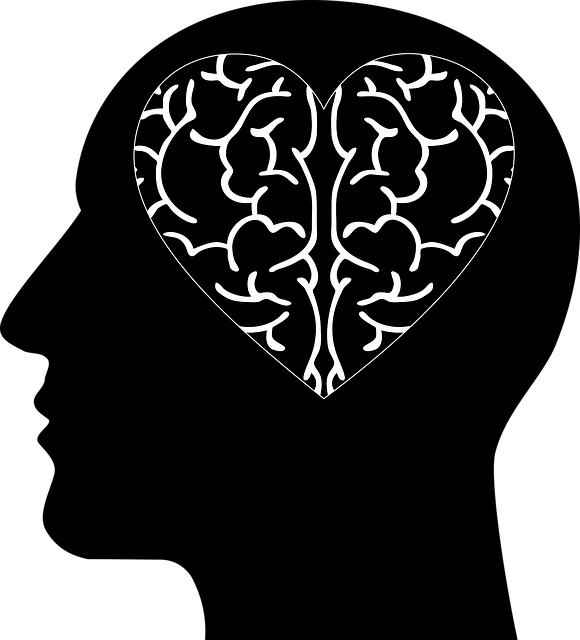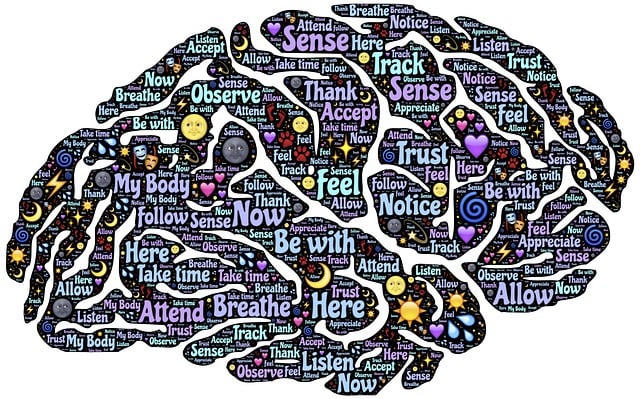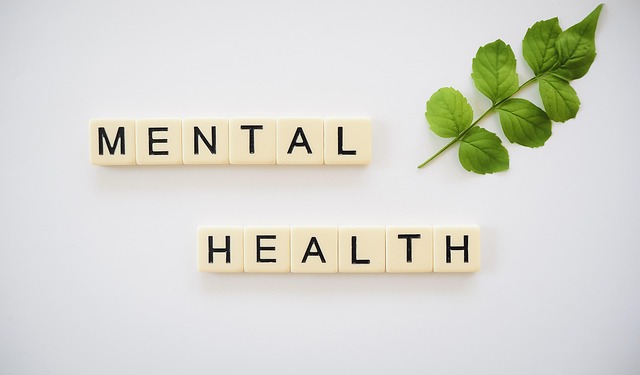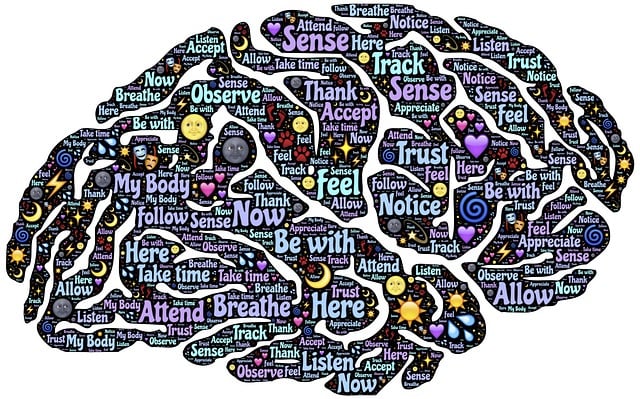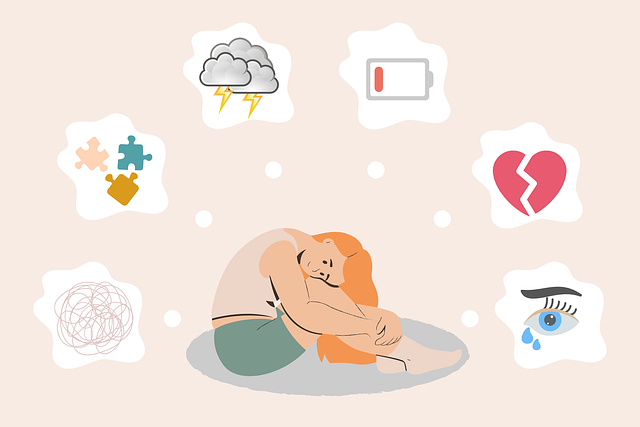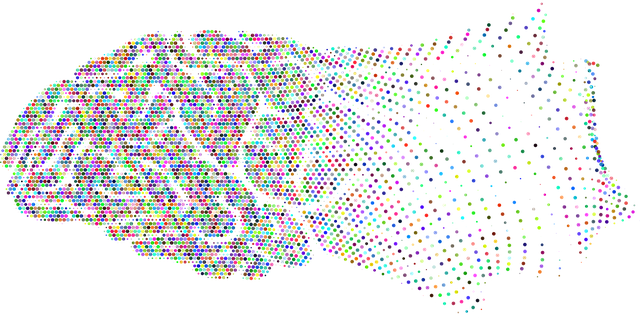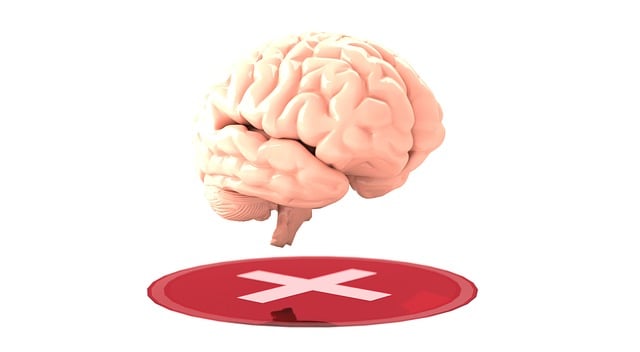Mental wellness programs for adults utilize biofeedback, self-care routines, and conflict resolution strategies to holistically address stress, anxiety, and depression. Community outreach programs integrated with therapy services overcome stigma and access barriers. Biofeedback empowers individuals to regulate their physiological responses, enhancing emotional well-being through real-time bodily function data. Evaluating these programs requires both quantitative and qualitative metrics measuring anxiety, depression, stress levels, mood management skills, and life satisfaction. Case studies demonstrate the positive impact of biofeedback-integrated therapy on emotional regulation, confidence, and stress reduction.
Mental wellness programs are crucial for fostering healthy minds, and evaluating their effectiveness is essential for continuous improvement. This article explores comprehensive strategies to understand, implement, and assess these programs, focusing on therapy for adults and biofeedback as a revolutionary tool. We delve into metrics for measuring success, showcasing case studies that highlight the profound impact of well-designed initiatives. By examining these methods, mental health professionals can optimize their approaches, ensuring tailored interventions that promote lasting wellness.
- Understanding Mental Wellness Programs: A Comprehensive Overview
- The Role of Therapy for Adults in Promoting Mental Health
- Biofeedback as a Revolutionary Tool: Techniques and Benefits
- Evaluating Program Effectiveness: Metrics and Measurement Strategies
- Case Studies: Successful Implementation and Impact Analysis
Understanding Mental Wellness Programs: A Comprehensive Overview

Mental wellness programs are designed to support individuals in managing and improving their psychological well-being. These programs offer a range of interventions tailored to address specific mental health concerns, promote self-care, and enhance overall resilience. One effective approach gaining traction is therapy for adults, incorporating evidence-based techniques such as biofeedback, which enables people to gain control over certain physiological processes often linked to stress and anxiety. By learning to regulate these responses, individuals can significantly improve their mental wellness.
Beyond individual therapy, comprehensive programs may incorporate self-care routine development for better mental health, teaching practical strategies to manage daily stressors. Additionally, building resilience and conflict resolution techniques are integral components, empowering participants to navigate challenging situations with greater ease and fostering a sense of empowerment. These holistic approaches recognize the interconnectedness of mental wellness and strive to create lasting positive changes in individuals’ lives.
The Role of Therapy for Adults in Promoting Mental Health

Therapy plays a pivotal role in promoting mental wellness among adults. Through structured sessions, individuals can explore and process their thoughts, emotions, and behaviors, gaining insights into underlying issues that may contribute to stress, anxiety, or depression. One effective therapeutic approach is biofeedback, which teaches clients how to monitor and regulate physiological responses like heart rate and muscle tension. This self-regulation ability empowers adults to better manage their mental health in daily life.
In the context of a community outreach program implementation, therapy becomes an essential tool for reaching underserved populations. By integrating therapy services into community settings, mental wellness initiatives can address barriers to care, such as stigma or limited access to resources. Furthermore, effective risk management planning for mental health professionals is crucial to ensure safe and supportive environments where individuals can engage in therapeutic processes. This includes strategies to mitigate potential risks associated with certain treatment modalities, thereby fostering a culture of safety and trust.
Biofeedback as a Revolutionary Tool: Techniques and Benefits

Biofeedback has emerged as a revolutionary tool within therapy for adults, offering unique and powerful techniques to enhance mental wellness practices. This innovative approach allows individuals to gain control over their physiological responses, thereby improving emotional regulation and overall well-being. By providing real-time data on various bodily functions, biofeedback enables clients to understand the connection between their thoughts, feelings, and physical reactions.
Through specific self-care practices integrated with biofeedback sessions, burnout prevention becomes more accessible. For instance, mental wellness journaling exercises guided by biofeedback can help individuals track their progress and identify triggers. This not only facilitates a deeper understanding of one’s emotional landscape but also empowers them to implement effective coping strategies. By combining biofeedback with traditional therapy methods, healthcare professionals can offer tailored guidance for improved stress management and enhanced mental resilience.
Evaluating Program Effectiveness: Metrics and Measurement Strategies

Evaluating the effectiveness of mental wellness programs is a multifaceted process that goes beyond mere satisfaction surveys. When designing evaluation strategies for interventions like therapy for adults incorporating biofeedback or compassion cultivation practices, it’s crucial to employ a combination of quantitative and qualitative metrics. These measures should capture both the immediate outcomes and the long-term impacts on participants’ well-being.
Key performance indicators (KPIs) might include tracking changes in symptoms related to anxiety, depression, or stress levels before and after the program using standardized assessment tools. Additionally, measuring self-reported improvements in mood management skills and overall life satisfaction can provide valuable insights. For programs integrating trauma support services, evaluating participants’ ability to regulate emotions and cope with traumatic memories over time is essential. These strategies ensure that the therapy for adults biofeedback or compassion cultivation practices are not only reaching their intended audience but also making a meaningful difference in their mental health journeys.
Case Studies: Successful Implementation and Impact Analysis

Case studies offer a powerful tool for evaluating mental wellness programs, providing real-world insights into their successful implementation and impact. By examining specific instances where therapy for adults incorporating biofeedback techniques has been put into practice, researchers can uncover valuable lessons and best practices. These case studies often highlight how tailored interventions, such as mindfulness exercises and relaxation training facilitated by biofeedback devices, contribute to significant improvements in participants’ mental health.
For instance, a detailed case study might showcase a program focused on integrating positive thinking strategies and mood management techniques using biofeedback. The analysis would reveal the positive outcomes, including enhanced emotional regulation, improved confidence boosting, and reduced stress levels among the adult participants. Such empirical evidence not only reinforces the effectiveness of these programs but also guides future implementations, ensuring adaptations tailored to diverse populations and specific mental health concerns.
Mental wellness programs, encompassing therapy for adults and innovative tools like biofeedback, have proven effective in promoting mental health. By employing comprehensive evaluation methods, including robust metrics and case studies, we can ensure these programs deliver measurable results. Integrating therapy for adults with biofeedback techniques offers a powerful approach to enhancing mental wellness, as evidenced by successful implementation and impact analysis. These strategies collectively underscore the importance of continuous assessment and optimization in creating effective, enduring solutions for mental health support.
